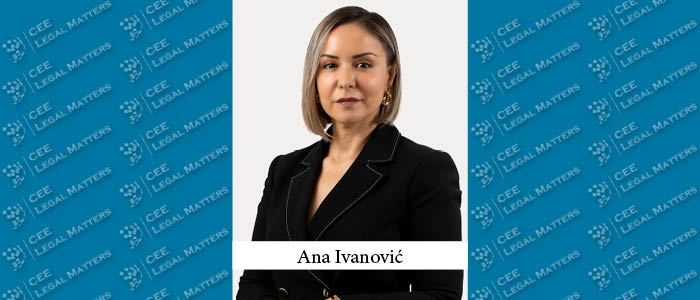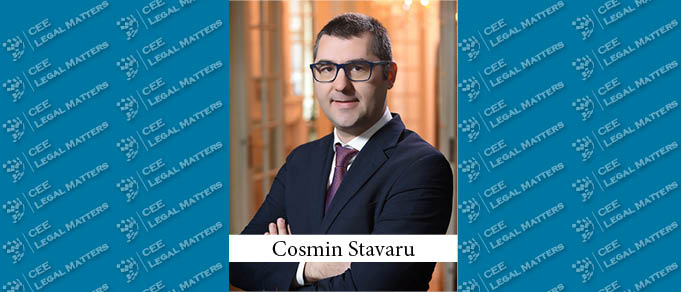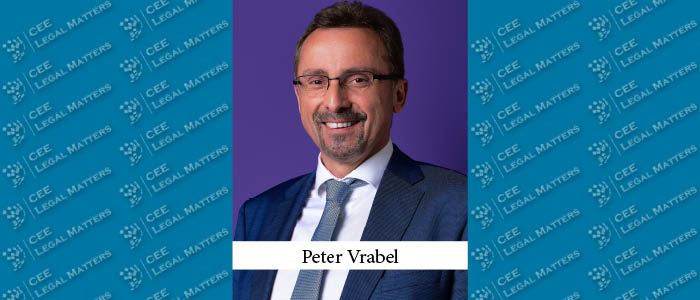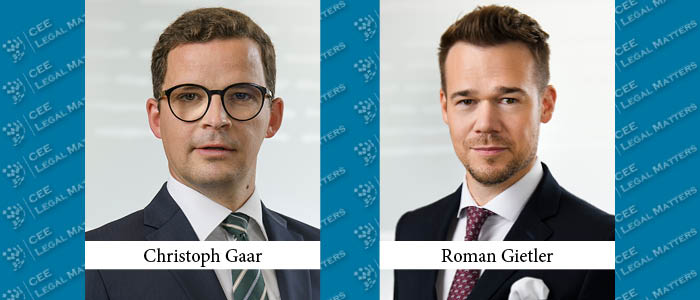Introduction
External counsel play an important role to an organization, when engaged. The value of their contribution depends upon their experience and expertise. Therefore, selection of external counsel needs to be done carefully. Their engagement in itself is not enough. Once selected, constant interaction with them is necessary to evaluate their performance. In this article, an attempt has been made to articulate how external counsel can be employed to the utmost benefit of an organization.
Selection of External Counsels
The process by which external counsel is selected depends heavily upon the organizational culture of the company selecting it. Many companies have a panel system allowing it to store the details of external counsels. When a necessity arises, the panel is reviewed and depending upon the requirement the appropriate external counsel is chosen.
Many organizations, however, do not maintain a panel of law firms to act as external counsel. Instead they simply look to make the best choice of external counsel for each particular job. Normally the details of external counsel and law firms are available online. Alternatively, word of mouth and reference-checking can be used to select names. These days reference books published by, for instance, Chambers and Partners are available to assist in the identification of external counsel in each particular jurisdiction. These books have details of specific industry sectors and the specialists available in those sectors.
Selection through panel, study of websites, word of mouth, reference books, or even a combination of all of these sources have their advantages and disadvantages. A panel provides certainty and saves time – especially valuable where time is an issue. Panels are drawn on the basis of interviews to determine the strengths, expertise, and experience of the various service providers. However, there is a need to constantly upgrade the panel.
Selection through other alternatives provides more flexibility to an organization, since it is not hamstrung with the legacy of a panel. External counsel can be selected based on specific requirements at a particular time. In making this selection, prior knowledge or word of mouth can be relied upon. However, a drawback is the time factor. Additionally, there is the requirement to negotiate fees, which can take up ever more time.
My organization does not have a panel. Depending upon the nature of an assignment, I engage law firms around the world on a regular basis. In doing this, I depend primarily on prior knowledge, networking, and word of mouth. Indeed, I have a list of external counsels in different locations around the world with contact details to facilitate quicker decision-making. The flexibility that this system provides is the availability of multiple options and flexibility in the negotiation of fees.
When selecting the external service provider, cultural background needs to be kept in mind to ensure smooth interaction between the parties.
Managing Counsel
It is critically important that the relationship between the legal department and the external counsel/law firm is based on inter-dependence and mutual respect. For an external counsel to be successful, he has to be provided with full information, facts, and dynamics of business so that he can add value to his assignment. Conversely, the external counsel should have the capacity to understand clearly the requirements of the client and the client’s commercial necessities. This will help the counsel to provide valued advice to the satisfaction of the client. In my experience many external counsels lack this important quality. Knowledge of both facts and law are essential. Knowing facts is the starting point, understanding business realities is the next criteria, and application of law/legal knowledge to achieve the objective of the client should be the outcome. I have engaged law firms who were good at theory but not on practicalities. Many times they did not understand the commercial necessities/compulsions of the client. On the other hand, there are external counsels who are capable enough to understand the business requirements and give their advice accordingly. This pleases the client.
Evaluating Performance
As discussed before, the external counsel has to work in tandem with the organization that engages it. In my view, the counsel should become an extended arm of the legal department of the engaging organization. From the organization’s perspective, at the very beginning, it is important to identify the lawyers that will be involved in the assignment. Similarly, the lawyers should know who will be their interface at the organization. While the General Counsel usually acts as the interface, if the assignment is complex and commercial or technology driven, then the General Counsel may need to bring in other colleagues. This is required to provide a platform for an interface between the external counsel and the client for better understanding of the assigned tasks. Constant dialogue between the two sides is essential to help the external counsel satisfy the client’s needs.
I firmly believe that development of good chemistry between the external counsel and the General Counsel is the starting point of the relationship. In the many complex projects involving billions of dollars of investments that I normally deal with, healthy and friendly exchanges between the external counsel and our organization are essential for the productive outcome of the matter. Evaluating performance becomes easier if the right person is selected at the right time for the right price. Evaluation does not have to be done at the end of the assignment. Rather, evaluation and monitoring go hand-in-hand, and if controlled from the beginning, can produce wonderful results.
Monitoring Counsel’s Work
In my experience, monitoring the counsel’s work consists of providing the right information at the appropriate time with clear directions. The last of these is key. Many times I have seen that our counsel’s performance suffer for lack of information. Having said that, it must also be noted that the right questions were not asked by the external counsel, which created a sense of frustration between the parties. Constant dialogue is essential to avoid this kind of situation.
Maintaining a timeline is also very important – even more so when the whole assignment is time bound like M&A. Maintaining the timeline is possible, especially in a time bound deal, only through constant interaction between the parties. This is a complex task, especially when the deal involves multiple jurisdictions on different continents and geographical timelines. However, in today’s technological age, communication at almost any time and any place is possible through video conferencing, skype, and so on. The good old days of face-to-face negotiations can be dispensed with most of the time. And parties can sign technologically, with actual hard copy signatures to follow. This works well if there is a complete understanding between the external counsel and the General Counsel and the rest of the organization about the timelines, tasks involved, and responsibility/accountability of concerned persons. I normally ask for the identities of people at external service provider who will play key roles, including backup. Holding regular conference calls and video conferencing apart from physical meetings is also essential to maintaining contact between the external counsel and the organization.
Fixing Fees
Fixing fees is quite tricky, as it defies any hard and fast rule in today’s market. It is the market pull and push that determines the fee. There is no fixed template which can be used for fee fixation. These days, when selecting law firms around the world, I normally go for a fixed fee with an understanding between the parties as to what the expectations and deliverables are. Where it is not possible to fix milestone-based fixed fees, then some kind of combined fixed and flexible fee models can be arrived at. These days hourly fees are very rarely agreed to – in fact they are being dispensed with. For fixing fees, the most important criterion is determining the scope of work at the beginning of the engagement itself. If the scope of work moves, then it is possible to re-fix the fee. In a recent long-term multi-billion-dollar project being pursued by my organization, a fixed fee at different milestones over a period of five years or so was set, which is a classic example of good understanding and relationship between the external service provider and the organization.
Conclusions
It is clear that engaging, managing, and evaluating the performance of the external service provider is like maintaining a good relationship. Ultimately it is the trust and confidence of each party in the other that matters. The relationship cannot be based on finding faults with each other. If the best is to be exerted from the external legal counsel, it is vital that both parties understand the requirements of the other clearly and interact with each other positively so that the client’s objectives are satisfactorily fulfilled.
This Article was originally published in Issue 4.4 of the CEE Legal Matters Magazine. If you would like to receive a hard copy of the magazine, you can subscribe here.































